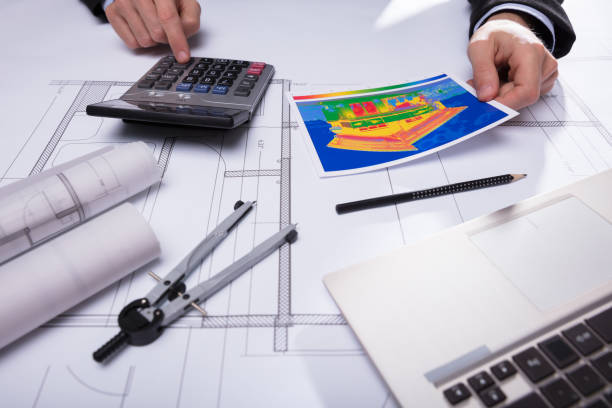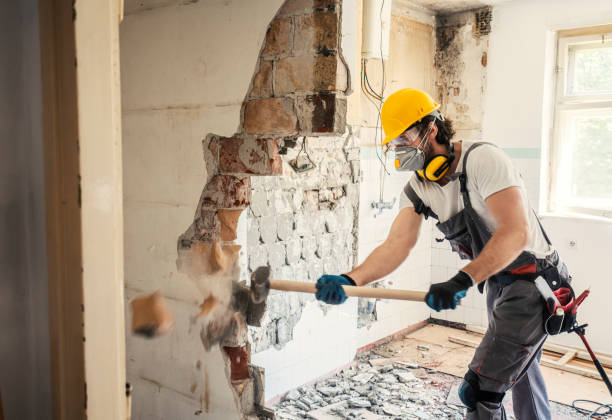After a loved one passes away family members and friends go through a difficult time. In addition to dealing with this tragedy surviving family members now have to figure out what to do with the property that was left behind. In order to handle this matter Probate Lawyers in Chicago will need to be called on. The following will discuss the probate process and how the remaining property will be transferred.
Probate is simply a legal process carried out in court after someone passes away. During the process, the courts will determine the beneficiaries or heirs. If the deceased party left a will, the courts will determine if the will is still valid. The courts will also perform an inventory to determine the property and assets that were left behind. This property will be appraised and given a value. All financial responsibilities left behind by the deceased individual will need to be addressed before the beneficiaries receive any property.
If you’re a surviving member of the family or heir, you’ll need to work closely with one of the Probate Lawyers in Chicago. You and your lawyer can work with an executor or administrator to figure out the details of the process. All of the property left behind will need to be accounted for, however, some of this property may not have to go through the probate process.
It’s important for the beneficiaries to work with their lawyers to determine what financial responsibilities need to be addressed. Any debts (i.e. credit cards, mortgages, personal loans, etc.) will need to be paid off during the probate process. If the deceased party had enough cash on-hand, then this money can be used to pay creditors. However, if not enough cash is available, then property will need to be sold to pay any remaining debts.
As you can see, the probate process can become very stressful very fast. Starr, Bejgiert, Zink & Rowells can work with you, during the probate process, every step of the way. Again, the courts will determine if there’s a will and if it’s valid. All of the property left behind will be accounted for and used to pay any remaining debt. After all debts are paid the beneficiaries can receive what they’re owed.





